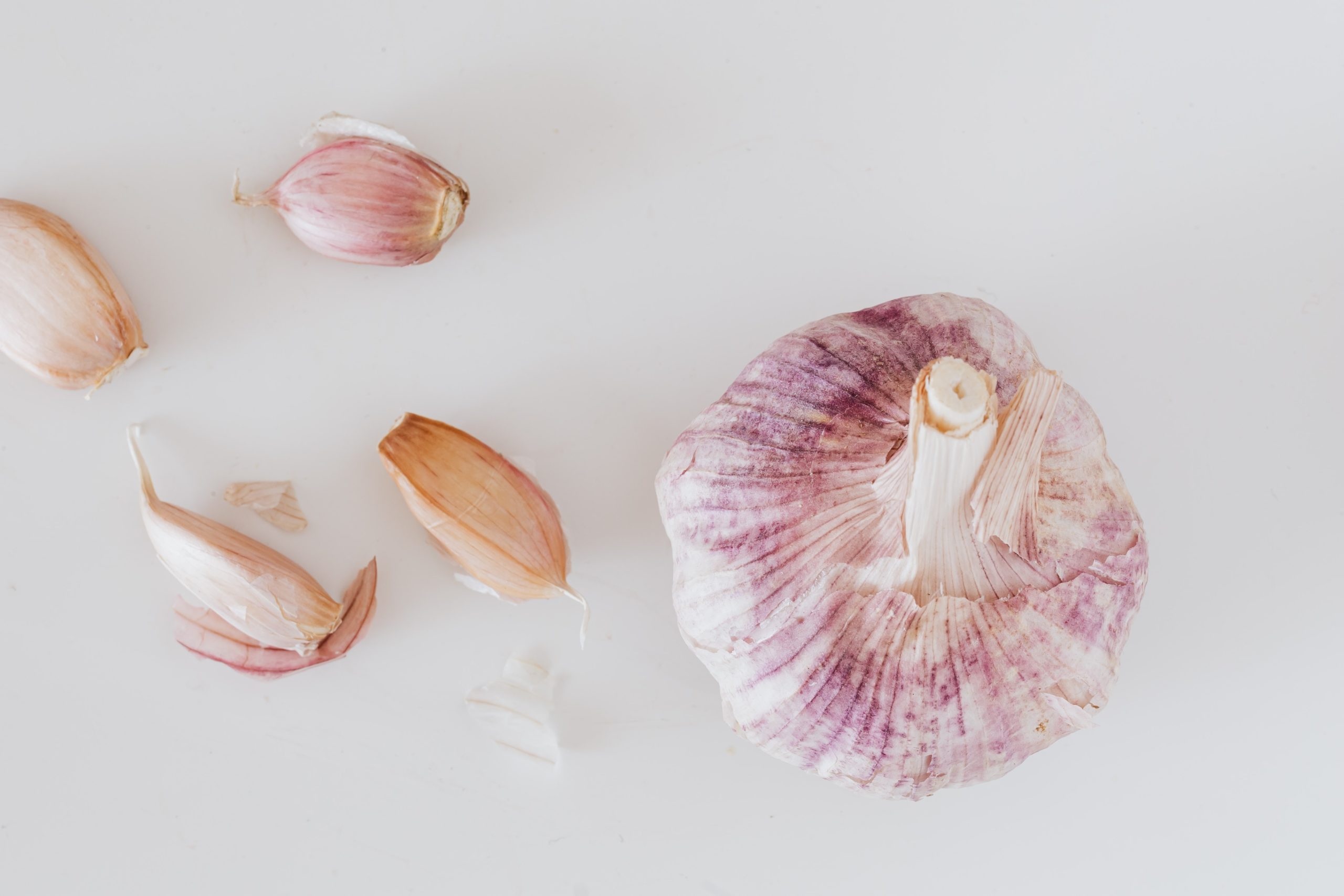Today’s article is all about a controversial ingredient and food item: SOY! It’s an easy meat and dairy replacement and often can become a common component of a vegan diet, but is soy ACTUALLY bad for you? Today I’m breaking down all the facts.
First, it’s important to understand that there are two *distinct* types of soy: processed and natural. Processed soy is not healthy, as it is processed. Point blank, I would never talk about the benefits of processed soy :) SO, this means I’m going to be discussing natural soy, the kind that comes from soybeans, such as edamame, tempeh, natto, and miso.
Positive and Negative Effects:
According to research, there are actually a number of studies that show positive effects of soy. These benefits include lowering bad cholesterol and managing cholesterol levels as well as decreasing your risk of colorectal cancer. I know it can sound weird that increasing estrogen can decrease your risk of cancer, as we often hear the opposite effect. Soy contains isoflavones, which are a phytoestrogen, and it increases estrogen which in turn prevents certain types of cancer.
Alternatively, there is also research to show that too much soy can increase risk of hormonal cancers, increase fat around the midline, and increase mood swings and irritability. Interestingly, sometimes body-builders will take estrogen blockers to increase their toning. While I do NOT recommend taking these blockers, the reason that bodybuilders do this is because estrogen can prevent muscle tightness and give that “skinny soft” look rather than strong and toned.
Hidden Processed Soy
When it comes to processed soy, I would just avoid it. There are too many negative effects, whereas when you eat the natural kind of soy you are getting some of the positive effects along with any negative ones.
Soy milk in general I would avoid. Unless you’re in a jam and have to choose between soy and regular dairy milk, then choose soy. But if you can choose another great alternative, such as almond, oat, or coconut, I would always opt for that.
If you see anything that says soy protein isolate I would avoid it. It is often hidden in a lot of protein bars and protein powders or as a filler in different foods, like fake vegan meat. I used to love vegan meat alternatives and kind of rely on them as my go-to meals, but not anymore. Restaurants also often make it sound fancy by calling it “textured protein” which really is just another way of saying soy protein isolate. Just look out for it, and avoid it if you can. Of course, I’m not perfect, no one is :) so if I’m having a bad craving, I’ll go for it! But it’s usually what I would consider a “junk food” meal and not a part of my everyday diet in any way.
My Take
I know I just threw a lot at you, so I thought it might be helpful to provide a little summary of my take on soy:
-
- If you can, try to avoid it. Once in a while, it’s okay!
- While there are SOME benefits, I don’t think the benefits outweigh the risks. I know, I can hear you sighing…but hear me out! The benefit of *potentially* reducing risk of breast cancer or lowering cholesterol just doesn’t outweigh the risks in my opinion. However, like I said in the above point, it’s okay to indulge sometimes!
- Try to find more whole food sources of protein. You can easily make a dense, yummy, and protein filled meal using lentils, beans, nuts, or seeds. Even when it comes to vegan cheese, you won’t sacrifice flavor by replacing the tofu-based ones with almond or cashew as the base. I love the brands Kite Hill and Myokos! Do I sometimes eat tempeh or edamame? YES. But just not on a regular basis :)
- Do your own research and look at the source of the data. You can honestly find tons of research that goes both ways (pro-soy and anti-soy!) I do think a lot of times soy can be over-demonized because a lot of studies are funded by meat companies who OBVIOUSLY want you to choose meat over plant-food, so just remember to look at the source! If the thought of sifting through research is giving you a headache, just remember this, research findings are not always black or white, so listen to your own body and what works for YOU.
I hope that answers any questions you may have had about soy. If you take anything from this blog, have it be to avoid processed soy as much as you can. Once in a while natural soy is okay, just don’t depend on it for your regular meals.




